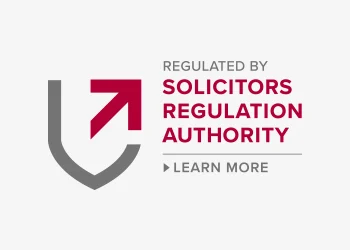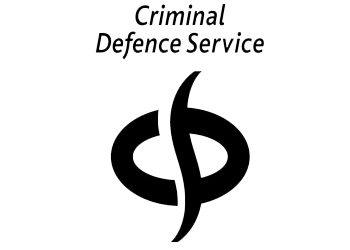In the UK, the role of the police is to maintain public order, prevent and detect crime, and protect the community. However, a key aspect of their duties involves the use of force, which can be a complex issue.
At Evan Moore Solicitors, this month’s blog explores the legal framework governing the use of force by police officers in the UK. For information about our legal representation, call us on 0208 0900 806.
Charged With a Criminal Offence? We Can Help, Contact Us Today!
What Does the Law Say?
Police may only use force against you if there is a lawful objective. A police officer may only use force if there is a law that tells them when they can do so.
The Police and Criminal Evidence Act 1984 authorises police officers to use reasonable force as long as it is necessary. This includes actions such as conducting searches, making arrests, and preventing crime.
The Criminal Law Act 1967 allows police to use force that is reasonable in the circumstances in the prevention of crime. This provision applies to both police officers and civilians alike.
Necessity
Necessity
The use of force must be necessary for achieving a legitimate aim. This could include self-defence, protecting others, preventing crime, or conducting a lawful arrest.
Officers must always consider whether the desired outcome can be achieved without force.
Proportionality
Proportionality
Force used by police officers must be proportionate to the threat or resistance faced. The degree of force should not exceed what is reasonable and should be the minimum required to achieve the objective.
Excessive or disproportionate force can lead to legal repercussions for the officer and the police force.
Reasonableness
The concept of reasonableness is subjective and depends on the circumstances at the time. Factors such as the severity of the threat, the behaviour of the suspect, and the potential harm to officers or the public are considered.
Officers are trained to make quick, informed decisions in dynamic and often stressful situations.
Common Examples of Use of Force
Police officers should always respect and protect human life, causing as little damage as possible. Examples of force include:
- Handcuffing people to search or arrest them
- Other restraint where the police physically use their body to restrain another person
- Using implements like batons and pepper spray
- Using tasers and rubber bullets
- Using guns
What About Human Rights?
When making a decision to use force, the police must always consider your rights under the Human Rights Act 1998. The relevant rights include:
Article 2:
Article 2: Your right to life: It is unlawful for police to use force which causes someone’s death unless it was absolutely necessary and:
- It was to defend themselves or others from violence
- It was to arrest someone to prevent someone from escaping
- It was to stop a riot
Article 3:
Article 3: No torture, or inhuman or degrading treatment or punishment: This protects your right not to be tortured or treated in an inhuman or degrading way. Although some methods of force can be used, it may be a violation of Article 3 in some situations.
Article 5:
Article 5: Right to liberty: This protects your right to be free and secure. The police can only detail you in specific circumstances and if there is a law that allows them to do so.
Article 8:
Article 8: Right to privacy: This article protects your right to a private and family life. This can include being stopped and searched and police seizing your property.
Article 10 & 11:
Article 10 & 11: Your rights to protest: Both rights are important for your right to protest. Article 10 protects right to freedom of expression, including freedom of speech. Whereas Article 11 protects your right to meet freely with others.
Article 14:
Article 14: You can enjoy these rights without discrimination: Public bodies like the police cannot discriminate against you when you use your rights.
Discrimination happens when a public authority treats you less favourable than others in similar circumstances based on characteristics. It also applies when a public authority doesn’t treat people differently when they are in significantly different situations – e.g. A wheelchair user, or treating a child the same as an adult.
If You Need Legal Help Contact Evan Moore Solicitors
Contact us to find out more or to arrange a consultation with an experienced solicitor.
Contact Evan Moore Solicitors
Throughout your case, Evan Moore Solicitors are there to support you. We provide a professional service and protect your rights. For more information about our available services, call us on 0208 0900 806. Alternatively, send us a message via our contact form and we will be in touch. We are based in West London and cover a wide range of areas.
Find us here.




